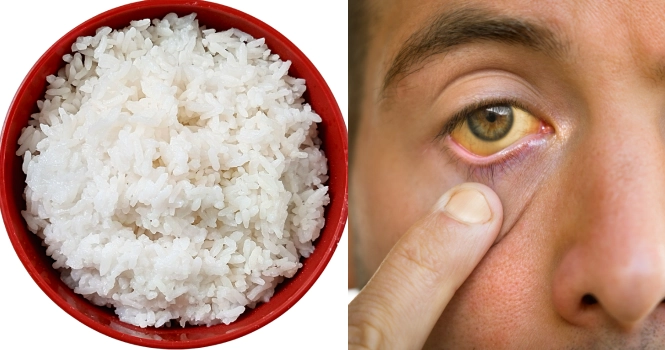Exploring Cayenne Pepper as a Natural Remedy for Headaches

Cayenne pepper, known for its spicy flavor, is also recognized for its potential health benefits, including pain relief.
This is attributed to a compound called capsaicin, which is what gives cayenne its heat. Research suggests that capsaicin can play a role in pain management, which has led to its use in various treatments, including those for headaches.
How Cayenne Pepper May Help with Headaches
1. Capsaicin and Pain Relief: Capsaicin has been found to have pain-relieving properties by affecting the neurotransmitter substance P, which is involved in the transmission of pain signals to the brain. By reducing the amount of substance P, capsaicin can potentially diminish the sensation of pain, including headaches.
2. Topical Application: Capsaicin is often used in topical creams and ointments for pain relief. For headaches, particularly those like cluster headaches or migraines, capsaicin-based creams applied to the nasal passages may help reduce pain.
The theory is that the capsaicin desensitizes the sensory neurons in the nasal passages, which can be linked to headache pain.
3. Blood Flow: Cayenne pepper is known to stimulate blood flow. Improved circulation can sometimes alleviate headache symptoms, particularly in cases where headaches are caused by tension or poor circulation.
Considerations and Precautions
- Individual Response: The effectiveness of cayenne pepper or capsaicin for headaches can vary widely among individuals. Some may find significant relief, while others may not notice any benefit.
- Topical Use: When using capsaicin topically, it’s important to do so with caution. Avoid contact with the eyes, mouth, and other sensitive areas. Initially, capsaicin can cause a burning sensation, which typically diminishes with regular use.
- Nasal Application: For headaches, capsaicin products are sometimes applied inside the nose. This method should be approached with caution and ideally under the guidance of a healthcare professional, as it can be particularly uncomfortable.
- Oral Consumption: While adding cayenne pepper to your diet is generally safe for most people, consuming it in large amounts can cause stomach irritation, heartburn, or other digestive issues in some individuals.
- Allergies and Interactions: As with any supplement or dietary change, there’s a risk of allergies. Capsaicin can also interact with certain medications, so it’s important to consult with a healthcare provider if you’re considering its use, especially if you have medical conditions or are taking medications.
Cayenne pepper, particularly its active component capsaicin, holds promise in providing relief for headache sufferers through its pain-relieving properties and effects on blood flow and substance P. However, its effectiveness can vary, and it’s crucial to use it carefully, especially when applying it topically or nasally.
If you’re interested in trying cayenne pepper for headaches, consider starting with small amounts in your diet or a capsaicin cream approved for this use, and consult with a healthcare professional to ensure it’s safe for your specific situation.
As with any treatment, individual experiences can differ, so monitoring your response and adjusting accordingly is key.












